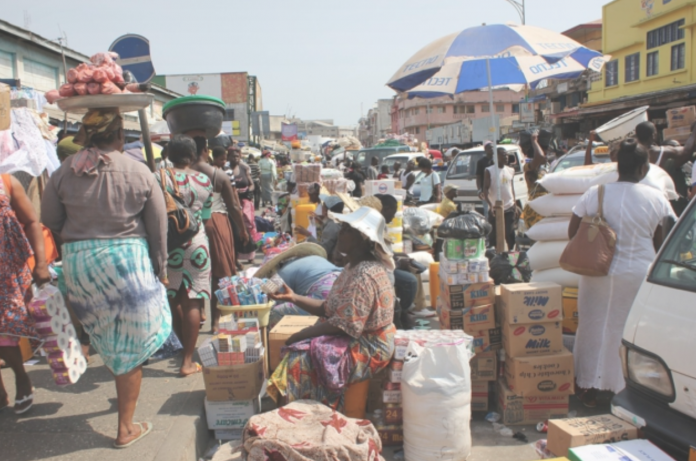The Executive Board of the International Monetary Fund (IMF) on Monday approved the disbursement of $1 billion to be drawn under the Rapid Credit Facility (RCF).
The disbursement will help address the urgent fiscal and balance of payments needs that Ghana is facing, improve confidence, and catalyse support from other development partners.
“The Covid-19 pandemic is already impacting Ghana severely. Growth is slowing down, financial conditions have tightened, and the exchange rate is under pressure. This has resulted in large government and external financing needs. The authorities have timely and proactively responded to contain the spread of the Covid-19 pandemic in Ghana and support affected households and firms.
“The IMF continues to monitor Ghana’s situation closely and stands ready to provide policy advice and further support as needed,” the IMF said in a press statement on the release of funds.
Finance Minister, Ken Ofori-Atta, has said Ghana is expected to suffer a revenue shortfall of up to GH¢2.2 billion (about $377 million) as a result of the coronavirus pandemic.
According to him, this is as a result of “the anticipated decline in import volumes and values, as well as the slowdown in economic activities.”
Presenting a financial statement to Parliament on the economic impact of the Covid-19 pandemic on the economy of Ghana on March 30, the Finance Minister said there will be a significant hit on the country’s non-oil revenue due to the pandemic.
Following the IMF Executive Board’s discussion of Ghana, Tao Zhang, Deputy Managing Director and Chair, issued the following statement:
“The Covid-19 pandemic is impacting Ghana severely. Growth is projected to slow down, financial conditions have tightened, and the exchange rate is under pressure. The budget deficit is projected to widen this year given expected lower government revenues and higher spending needs related to the pandemic. The Fund’s emergency financial assistance under the Rapid Credit Facility will help address the country’s urgent financing needs, improve confidence, and catalyze support from other international partners.
“The authorities’ response has been timely, targeted, and proactive, focused on increasing health and social spending to support affected households and firms. The Central Bank has recently taken steps to ensure adequate liquidity, preserve financial stability, and mitigate the economic impact of the pandemic, while allowing for exchange rate flexibility to preserve external buffers.
“The uncertain dynamics of the pandemic creates significant risks to the macroeconomic outlook. Ghana continues to be classified at high risk of debt distress. The authorities remain committed to policies consistent with strong growth, rapid poverty reduction, and macroeconomic stability over the medium-term.
“Additional support from other development partners will be required and critical to close the remaining external financing gap and ease budget constraints.”
Source: Myjoyonline.com

Putting a spotlight on business, inventions, leadership, influencers, women, technology, and lifestyle. We inspire, educate, celebrate success and reward resilience.















